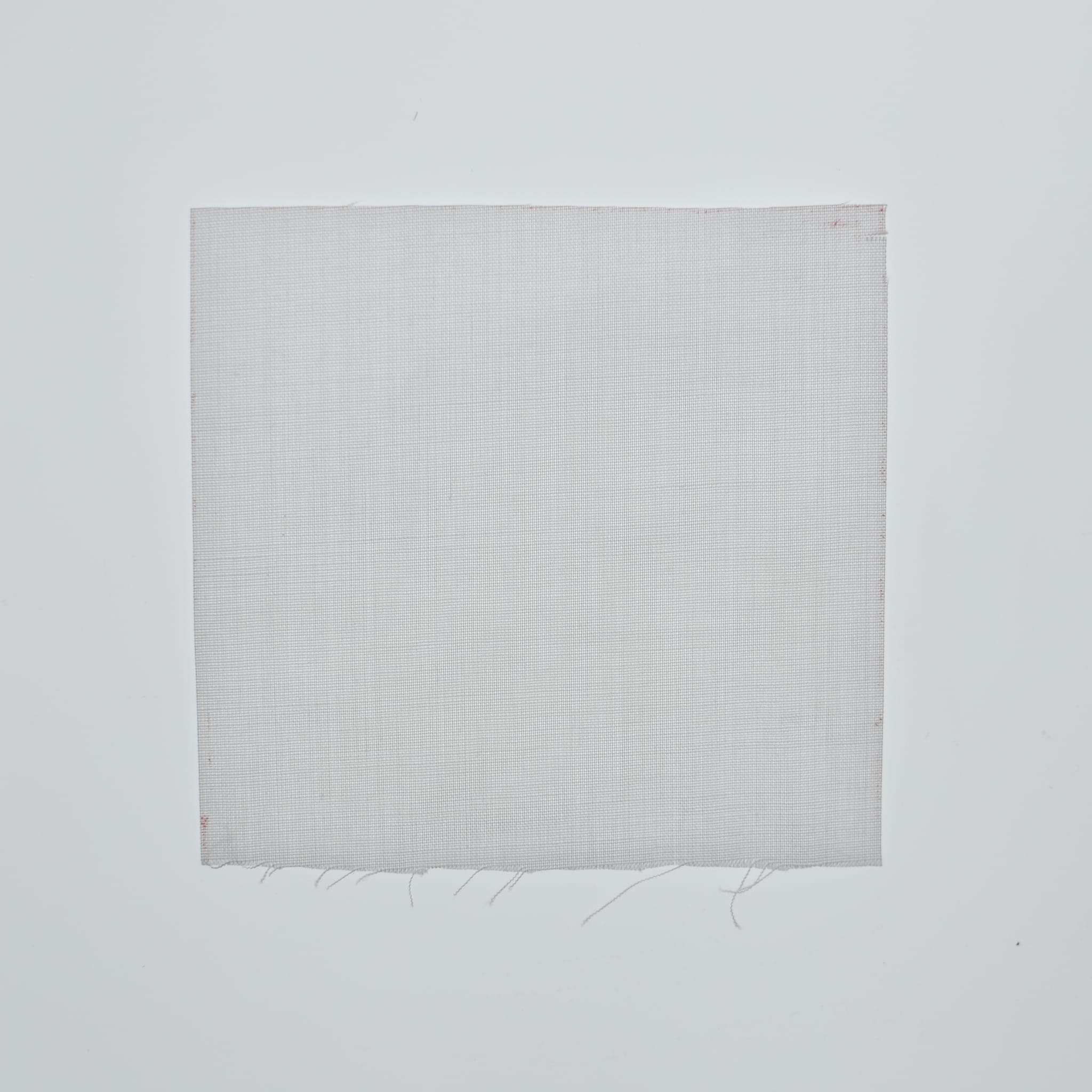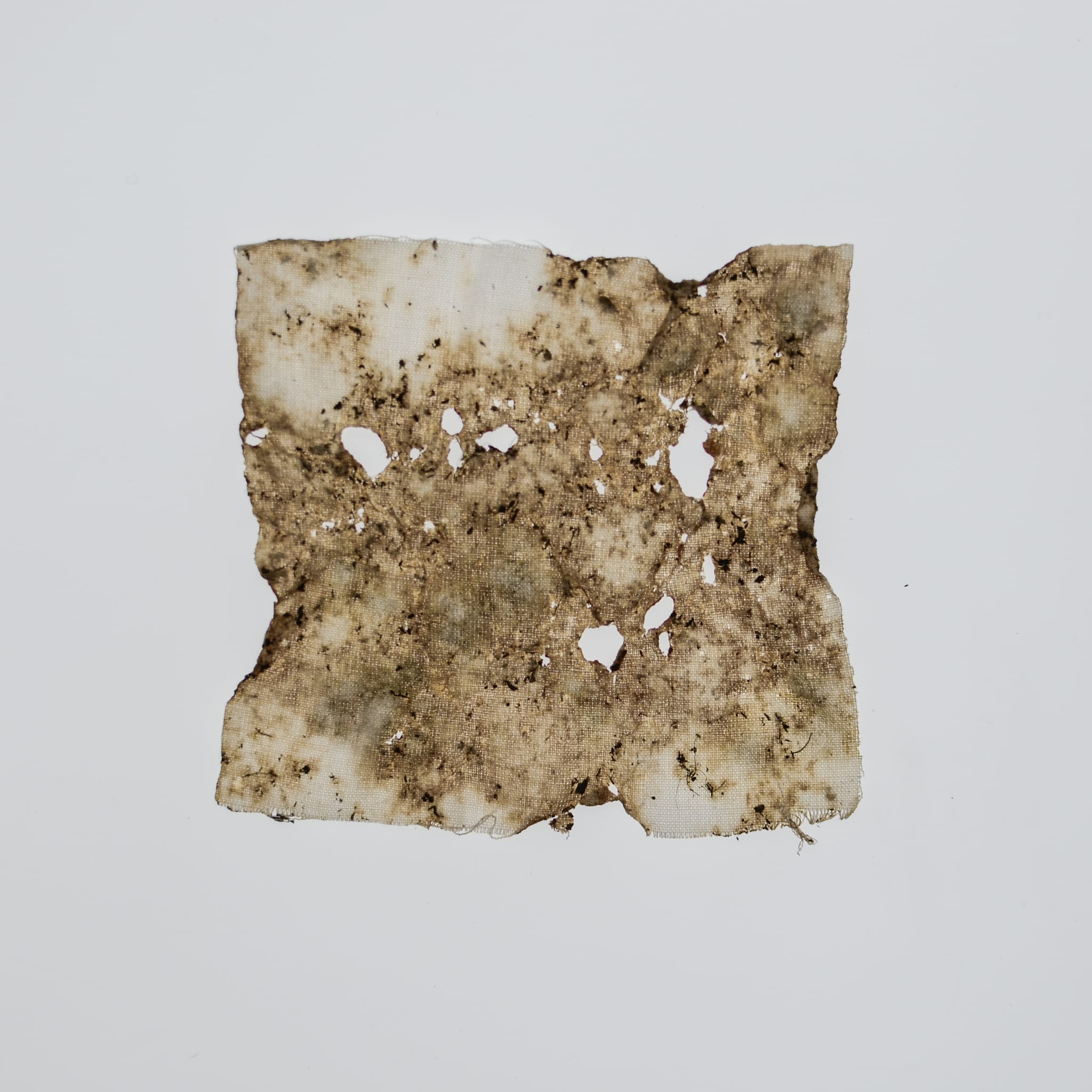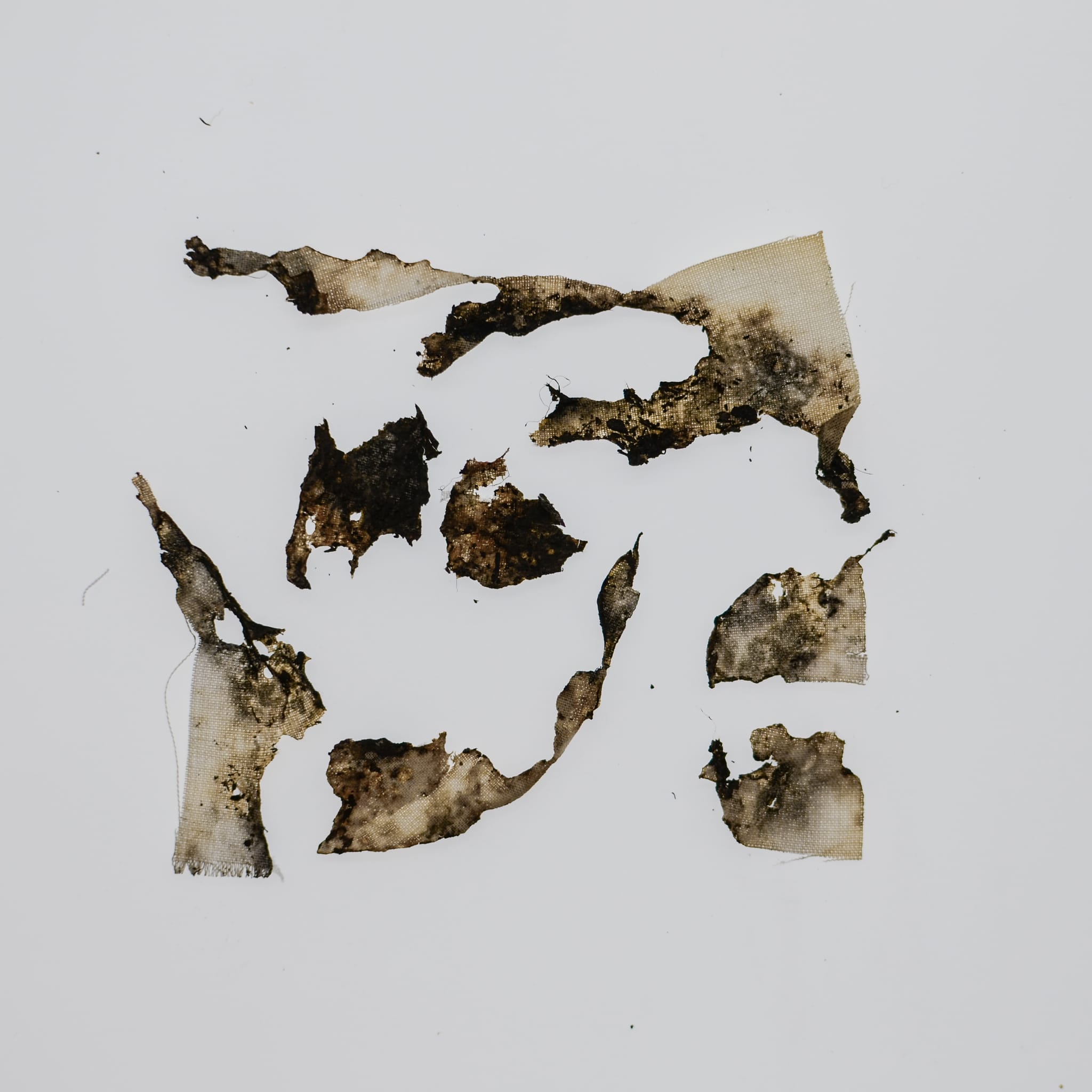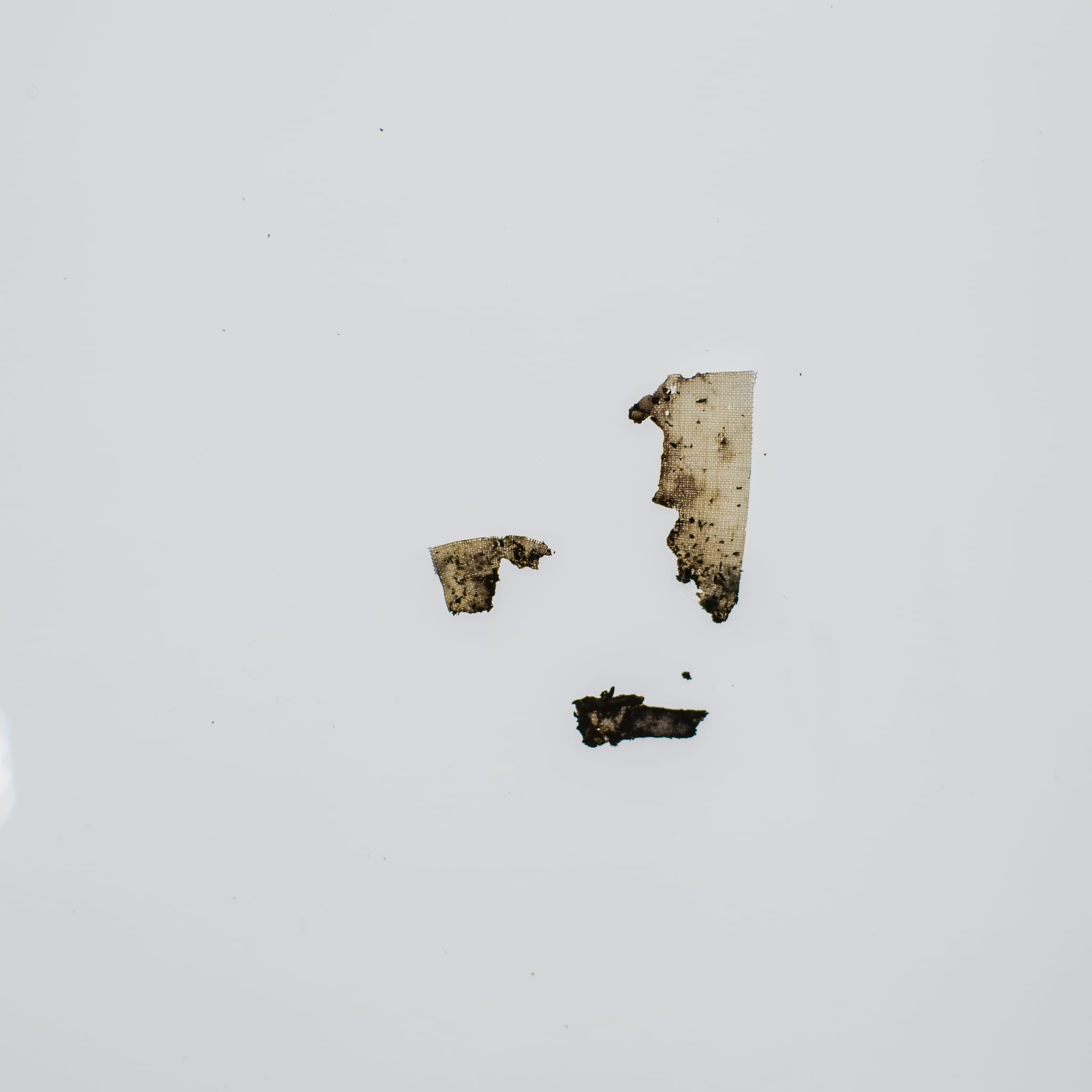ID:Bamboo 01
Start Date:22.08.2023 - 12.09.2023
Material:100% Bamboo
Fibre:Regenerated cellulose
Temperature:29°C
Sample Size:75x75
Notes:
Weight: Approx. 120gsm
Original colour: White
More about Bamboo:
Stretchier than cotton, bamboo is a strong material obtained from the bamboo stalks and leaves. Bamboo fabric can be manufactured in 2 different ways - the most common being as a regenerated cellulosic fibre (viscose), extracted from the stems and leaves through a process of alkaline hydrolysis into a pulp. The other one by mechanical crushing and retting.
Properties:
Properties of what's referred to as bamboo fabric depend on its processing method. In general, bamboo fabric is stretchier and can be finer than cotton, which makes it its favoured dupe. Though its supposed antibacterial claims in finished fabrics and garments are not based on science, as only the raw bamboo product has antibacterial properties.
Decomposition:
The tested sample was bleached bamboo fabric (made as a regenerated cellulose fabric) and decomposed in mature compost in 29°C for 4 weeks. From week 1 obvious holes started appearing, showing how fast the structure decomposes. Other than that, one can observe obvious staining of the fabric, because of the presence of pigmented bacteria and fungi, as well as the pigments from microbial decay. Week 2 already showed heavy fragmentation and by week 3 only small pieces of bamboo fabrics were retrieved.



